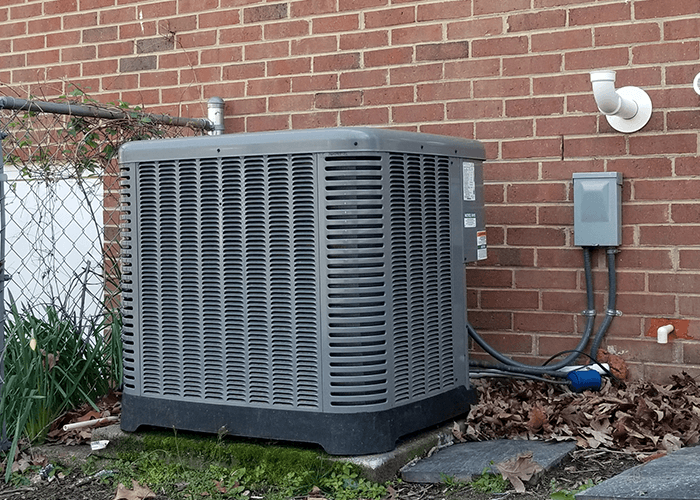Optimize Your Home’s Windows to Enhance Cooling Efficiency
In climates where temperatures drop at night, consider turning off your air conditioning and opening your windows while you sleep to bring in the cool night air. Upon waking, close your windows and draw the blinds to trap the cool air inside. Additionally, installing window treatments can help block heat from entering through your windows during the day.
Smart Thermostat Management for Summer
During the warmer months, set your thermostat to the highest comfortable temperature. Keeping the indoor temperature closer to the outdoor temperature reduces your cooling expenses. When you’re not home, let the temperature rise, and adjust your thermostat to 78°F (26°C) only when you are home and require cooling. Using a programmable thermostat can streamline this process, ensuring temperatures are adjusted automatically.
Enhance Home Comfort with Fans and Proper Ventilation
Utilize ceiling fans alongside your air conditioning to potentially increase your thermostat setting by about 4°F without losing comfort. Remember, fans should be turned off when leaving a room as they cool people, not spaces, through a wind chill effect. Additionally, use bathroom and laundry room fans to expel heat and humidity, particularly when bathing or doing laundry, ensuring these fans vent outside and not into your attic.
Maintain Your Cooling System for Peak Performance
To keep your cooling system efficient, adhere to a regular maintenance schedule. Position heat-emitting appliances like lamps and TVs away from your air conditioning thermostat to prevent false readings that could keep your system running longer than necessary. Also, clean your air vents regularly to remove dust and ensure that no furniture blocks the airflow.
Reduce Heat Inside Your Home from Appliances and Lighting
On hot days, opt for cooking methods that generate less heat, such as microwaving or grilling outdoors, rather than using the oven. Switch to energy-efficient lighting to reduce heat output, take advantage of natural light, and avoid incandescent bulbs, which transform most of their energy into heat. Keep heat-generating activities to a minimum—like using computers or hair dryers—and run only full loads in your dishwasher and washing machine, opting for air drying when possible.
Prevent Hot Air Infiltration
Seal any cracks and openings to stop hot air from leaking into your home. Use caulk or weatherstripping around doors and windows to reinforce these seals and keep cool air inside.
Lower Your Water Heating Expenses
Water heating can constitute a significant portion of your home’s energy use. Reduce your water heater’s temperature to 120°F to save on energy costs and reduce the risk of scalding.
By implementing these strategies, you can enhance your home’s energy efficiency and comfort throughout the warmer months.

